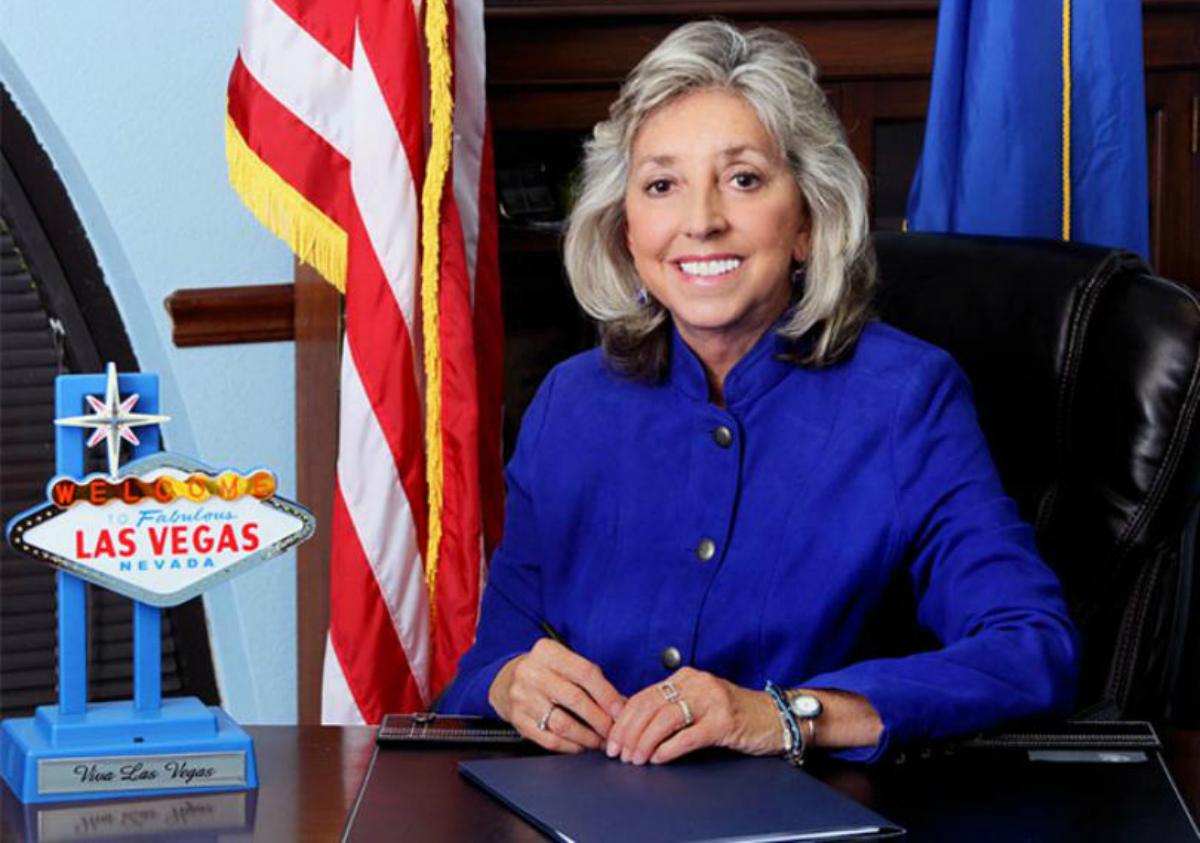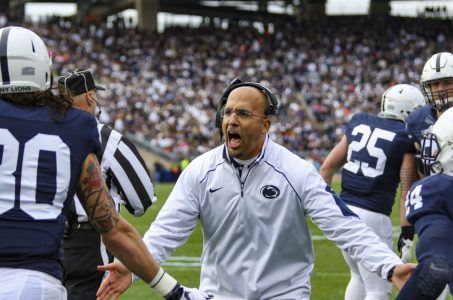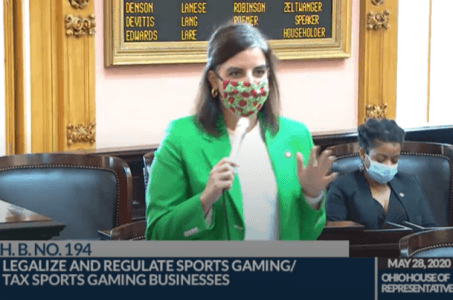Bill to Remove Federal Sports Betting Taxes Introduced, Gaming Industry Applauds
Posted on: July 24, 2020, 12:41h.
Last updated on: July 24, 2020, 02:59h.
A federal sports betting bill has been introduced in Congress that seeks to repeal the 0.25 percent tax the United States government collects on most legal bets wagered.

US Reps. Dina Titus (D-Nev.) and Guy Reschenthaler (R-Pa.), co-chairs of the Congressional Gaming Caucus, introduced bipartisan legislation today that would remove the handle tax. The bill would also strip the requirement that sportsbook operators pay an annual $50 per employee tax.
The handle tax makes it more difficult for legal gaming establishments to compete with illegal operators. Repealing it will push more consumers out of the black market and into a well-regulated market,” said Titus.
“At a time when so many employees in the industry are struggling, this bill ends the counterproductive practice of penalizing employers for creating jobs by eliminating a per-employee tax,” added Reschenthaler.
Antiquated Law
The 0.25 percent the federal government collects on each sports bet placed dates back to 1951. The tax was originally designed to curb illegal sports betting rings. The tax money was to be set aside for federal law enforcement to infiltrate underground gambling rings. Proponents of repealing the tariff say it’s now doing just the opposite of what it was intended.
“Though originally enacted as a tool to curb illegal gambling, these antiquated federal taxes now give illegal operators a leg up,” said Bill Miller, president, and CEO of the American Gaming Association.
Backers of the bipartisan legislation say illegal offshore bookmakers which don’t pay the 0.25 percent tax, are benefiting from not playing by the rules. As a result, Miller says legal, regulated sportsbooks are forced to offer worse odds and payouts or reduce their marketing budgets to cut overhead.
The gaming industry’s chief lobbyist adds that the employee tax impedes hiring “at a time when providing jobs is critical.”
Limited Tax
Under the current law, the Internal Revenue Code mandates that most sports betting operators share 0.25 percent of every $1 wagered with the US government. Exceptions are provided for sports betting that is operated by state lotteries.
In 2019, the federal sports betting handle and employee head tax totaled just $33 million — not even a drop in the bucket for the US government’s annual budget.
Sportsbooks are already very low margin businesses, even in the lowest-taxed jurisdictions. Revenue is typically around just five percent of the total amount wagered, which is why 0.25 percent — while minuscule to the federal government — is paramount to sports betting operators.
Miller testified before the Senate Judiciary Committee this week where he called on Congress to strike out the sports betting handle and head tax.
“Illegal wagering operators generally have little overhead and virtually no tax or regulatory compliance outlays,” Miller testified. “Repealing the federal excise and head taxes levied on legal sports wagering operations is one important step Congress can take to help level the playing field and allow legal, regulated sportsbooks to more effectively compete.”
Related News Articles
Most Popular
Mirage Las Vegas Demolition to Start Next Week, Atrium a Goner
Where All the Mirage Relics Will Go
Most Commented
-
Bally’s Facing Five Months of Daily Demolition for Chicago Casino
— June 18, 2024 — 12 Comments -
Chicago Pension Mess Highlights Need for Bally’s Casino
— July 2, 2024 — 5 Comments
















No comments yet